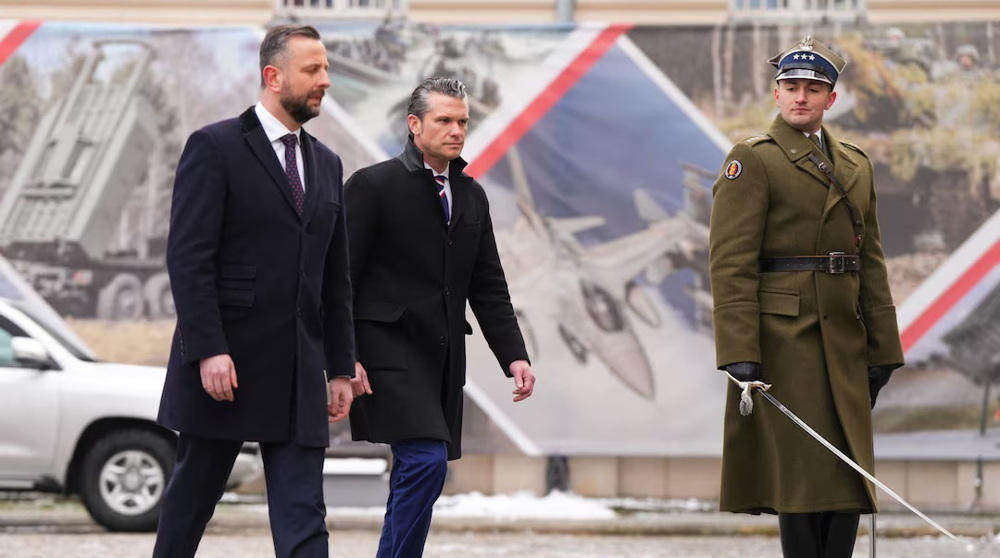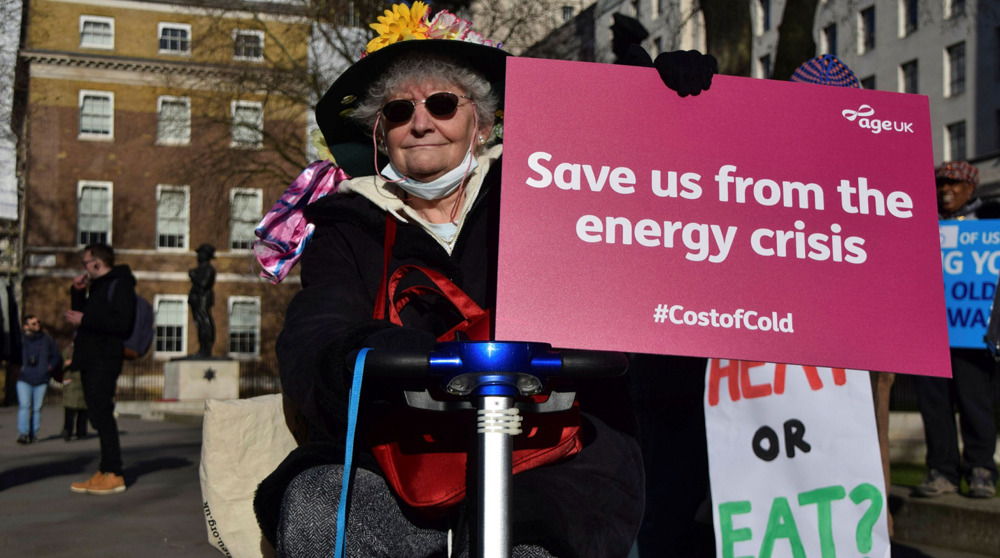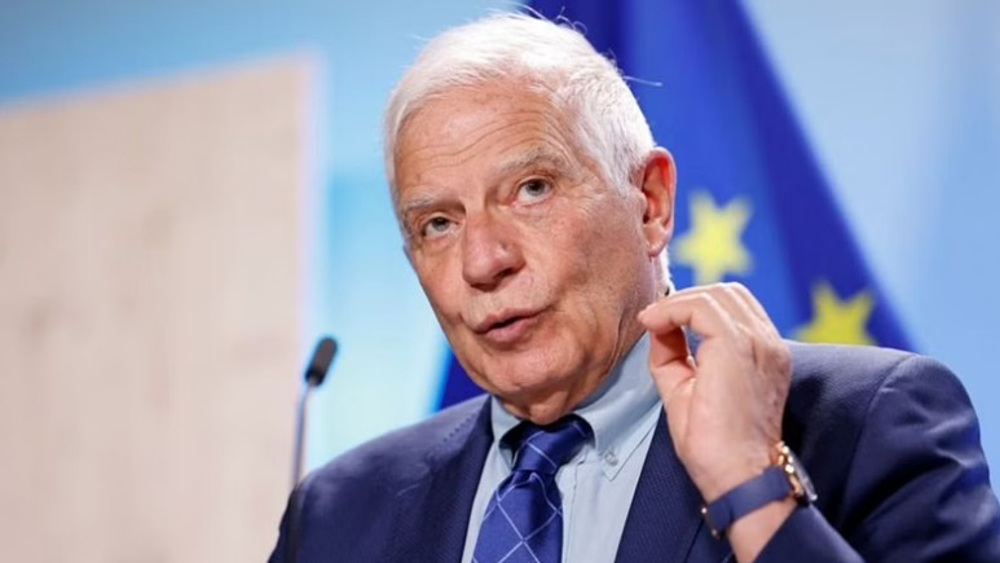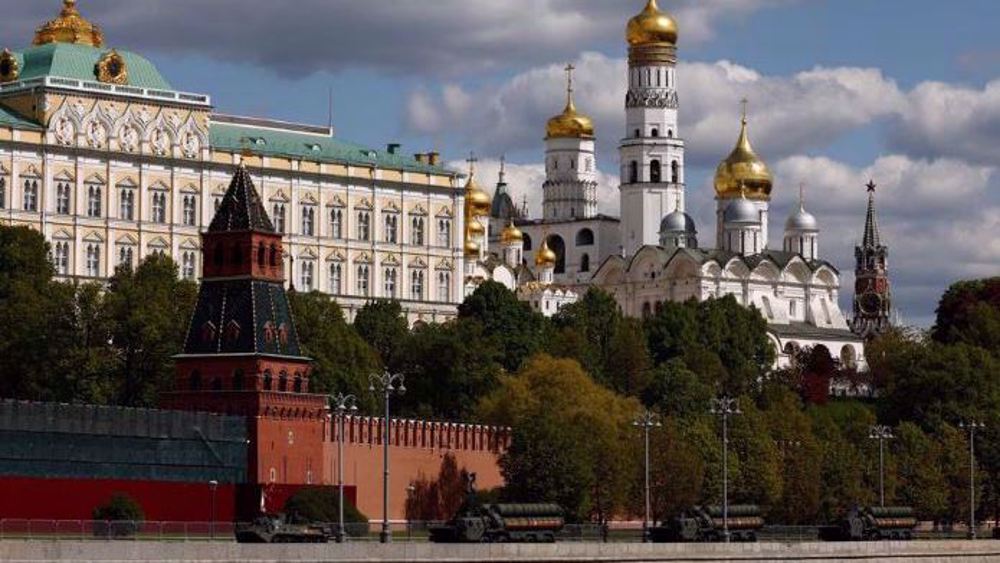UK warns of direct military conflict with Russia, China by end of decade
UK Secretary of State for Defense Ben Wallace has raised the alarm about an imminent war with Russia and China, saying "Conflict is coming."
Speaking to the Financial Times on Friday, Wallace said the UK could be in a direct conflict with Russia and China in the next seven years and urged for more military spending to counter the potential threat.
He, who had previously admitted that what remains today of the former British empire's military is an empty shell, urged lawmakers to agree to an increase in the military budget.
The official claimed that the world will be “a more dangerous, unstable place” by the end of the decade and that “defense will be more critical in our lives.” He explained that the world is seeing “the end of the abnormal period [of peace] post-cold war” and that “a conflict is coming with a range of adversaries around the world.”
The UK's defense secretary has already pleaded to Chancellor of the Exchequer Jeremy Hunt to increase the UK’s military budget spending to 2.5 percent from 2.1 percent of gross domestic product in due time.
He had previously stated that Britain’s army is “hollowed out and underfunded”
In the meantime, the British defense secretary has praised the German government for recently announcing plans to set up a €100-billion ($107 billion) fund to modernize its armed forces.
He described Berlin's move as “an important message for [people] across Britain that we’re going back to the days where you need to invest in defense.”
However, as Wallace pushes for more military spending and better support for Ukraine in the West's proxy war against Russia, the British nation has been grappling with soaring inflation and the high cost of living.
The UK’s cost-of-living crisis driven by sharp food and energy price increases has left the British people and firms struggling to pay their bills as Brit’s economy experiences its worst conditions in decades.
The UK’s grocery market inflation has soared to 17.1 percent, hitting prices for milk and eggs the hardest. The increase in basic grocery prices could add to the cost of a family's typical buying basket by £811 per year, according to market researcher Kantar.
The costs of daily used groceries and numerous other items have increased primarily as a result of the rise in energy costs since the start of the war in Ukraine last year.
Economic hardships have prompted most of the labor forces in some industrialized countries to stage protests and strikes, asking for fair payments and better working conditions.

Pentagon asks Europe to invest in own defense, warns ‘US presence won’t last forever’

One killed, several injured in joint US, UK, Israeli strikes on Yemen

Palestine Action wins again
Israel escalates West Bank raids as official says regime seeking to complete Gaza genocide
Australian senator smeared by anti-Iran groups for saying Iranian women have a voice
Palestinian man dies in Israeli prison as Foreign Ministry urges intl. probe into regime’s crimes
Putin says not opposed to Europeans’ involvement in Ukraine talks
VIDEO | Iranian Kurdish protesters demand European action against PKK, PJAK terror
VIDEO | Israel expands offensive in northern West Bank, deploys tanks to Jenin
VIDEO | Spaniards fill streets of Cádiz in solidarity with Palestine
VIDEO | ‘Genocidal war left al-Shati camp in ruins’











 This makes it easy to access the Press TV website
This makes it easy to access the Press TV website